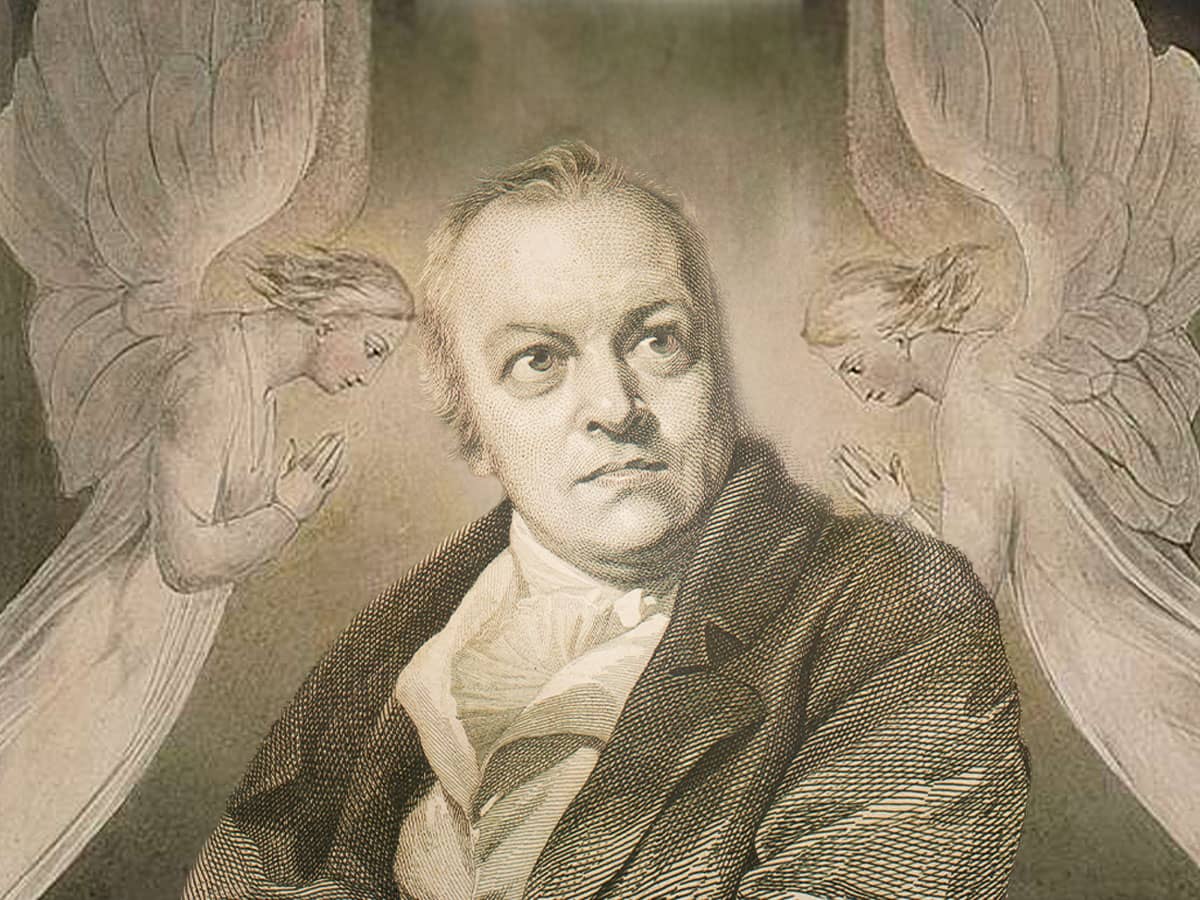A thousand years ago, people lived, as they had for millennia, in a world lit only by fire. Almost nothing changed in Europe. The only new invention in Europe was the windmill, and even that was not yet known. (While it developed in Persia as early as 500 AD, it did not reach Europe until the first Crusades, about 1100.)
Since then, in each succeeding century, changes have accelerated with a speed that sets the mind spinning. More innovations have occurred in the last 200 years than in the previous 10,000, and more in the last 50 than in the two previous centuries. The 1800s were the age of exploration and transportation, of steel and steam, industrialization and engineering feats, democratic government, and for the first time in the history of the world, the end (in most places) of serfs and slaves. Machines brought physical freedom.
The 20th century has been the age of information and communication, with airplanes, radio, phones, fax, television, the Internet, and the launch of space probes. Worldwide literacy and an almost universal language--English--have fueled an explosion of information. These developments offer us freedom from ignorance and geographical isolation.
The past century also saw a medical explosion. In the last 50 years--only since the development of penicillin in World War II--could a woman expect to live past childbirth and see her babies live past infancy. We have checked cholera, typhoid, TB, small pox, polio, plague, malaria, measles, mumps, whooping cough, scarlet fever. Psychologist Abraham H. Maslow theorized that, once survival basics are met, human beings naturally grow toward their highest potential. Self-actualized people are psychologically healthy and happy, with a marked ability to live free from stereotypes and to approach life realistically and without defensiveness. They have "peak experiences" of insight and joy, and an intense awareness of a spiritual dimension.
So the logical question becomes: In the next millennium, now that our basic needs are met, will we develop spiritually?
It's difficult to answer that question, but we do know two things: One is that a force of love and goodness--angels, God, however you name it--has always been with us, guiding and helping us. The second is that so long as we are alive, we will experience suffering and hurt. This is so, first, because each generation begins at scratch, having to learn all over again what its parents and grandparents learned 40 or 80 years before. And second, because the human heart is full of longing, love, desires, and passions, and therefore, is subject to pain. A young woman grieves as her mother dies. A man loses his child. Another breaks up with his beloved. A girl gets pregnant; a boy gets hooked on drugs. Pain abounds.
In the next millennium, that will not change. Families will face financial ruin. Wars will break out and young men people will die. Forests will be felled, planes will burst into flames, misunderstandings will occur, and tears will be shed. Where the blame cannot be laid to human hands, then acts of God--natural disasters--will bring us floods, fires, and earthquakes, taking further lives in humiliating and anguished ways.
But here is the good news: The angels promise, not an absence of suffering, but the promise that we will never face this suffering alone. Spiritual help walks beside us, whispering guidance in our ear, creating miracles, murmuring encouragement. And, perhaps in the next millennium, the challenge, as we struggle on the path to self-hood, will be to become as angels. And then we shall--all of humanity--reach enlightenment, and stand blinded by the beauty and love of God.

